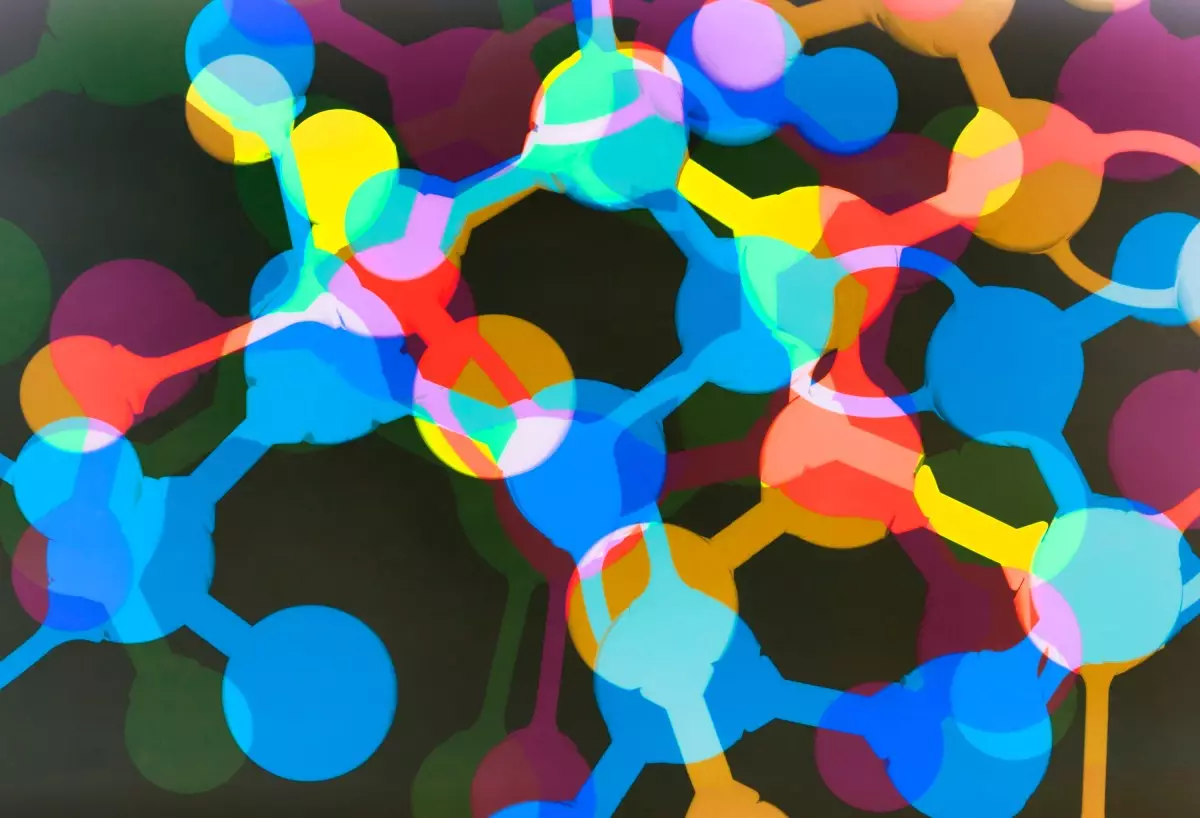The field of cancer care has entered an exciting phase with the formation of the Cancer AI Alliance (CAIA), a coalition involving prestigious medical institutions devoted to enhancing cancer treatment through the power of artificial intelligence (AI). This initiative amalgamates resources and expertise from renowned research centers—Fred Hutchinson Cancer Research Center, Johns Hopkins, Dana-Farber Cancer Institute, and Memorial Sloan Kettering Cancer Center—alongside investment and support from influential tech firms. With a hefty backing of $40 million in funding and resources, CAIA aspires to revolutionize patient care and expedite advancements in precision medicine.
Traditionally, the landscape of cancer research has been fragmented, with various institutions holding diverse pools of data and insights often confined within their own walls. Fred Hutch’s President and Director, Tom Lynch, emphasized the transformative potential of this alliance during a presentation at the Intelligent Applications Summit in Seattle. Lynch illustrated a poignant scenario involving a young patient suffering from a rare pediatric cancer—a stark reminder that while the scientific community’s knowledge may be vast, it can often be inaccessible within silos.
The Challenges of Data Sharing
One significant hurdle that the alliance acknowledges is the inherent complexity of sharing sensitive medical data across institutions. Regulations aimed at protecting patient privacy, including HIPAA, paired with the incompatibility of various data formats and systems, create substantial barriers. In a hypothetical scenario where valuable treatment research exists at one institution, it does not guarantee that it can be seamlessly or legally transferred to another. The pressing need for rapid data exchange is vital, especially in urgency-laden situations such as with children battling aggressive cancers.
While AI presents formidable opportunities to sift through and analyze large datasets rapidly, Lynch recognizes that it is not a cure-all solution. His remarks serve as a realistic reminder of the challenges ahead; AI’s role is potent, but not omnipotent. The complexity of addressing multifaceted medical cases necessitates a cooperative approach to maximize the utility of data-driven insights.
In response to these challenges, CAIA aims to employ federated learning—an innovative technique that allows institutions to collaborate on AI training without directly sharing raw patient data. Instead, this method enables each institution to maintain privacy by keeping sensitive information within their respective databases while still contributing to the development of AI models. By harnessing this collaborative framework, participating organizations can jointly pursue shared objectives, such as optimizing drug discovery processes or refining diagnostic measures for specific cancers.
Jeff Leek, the Vice President and Chief Data Officer at Fred Hutch, articulated the challenges ahead, noting the complexity of creating a unified technology solution that all parties can adhere to. The structural groundwork laid down by CAIA allows for essential discussions concerning shared infrastructure, data standards, and specific goals in the coming months. The collaboration with tech titans such as Microsoft, AWS, Nvidia, and Deloitte has been critical, as these organizations bring advanced technological support that complements the medical insights provided by the research institutions.
The anticipated outcome of CAIA is two-fold: establishing a robust infrastructure for data-sharing and yielding actionable insights to enhance treatment options for cancer patients. The expectation is to see early results from their collaborative initiatives by the end of the year, with significant outcomes projected to materialize by 2025.
Ultimately, this alliance signifies a significant step toward breaking down the barriers that have perennially hindered the medical community’s ability to pool knowledge and resources effectively. By capitalizing on the strengths of AI and emphasizing inter-institutional collaboration, CAIA stands to redefine the principles of cancer research and treatments, offering a glimmer of hope for patients facing the daunting realities of cancer. While acknowledging the complexity of the challenge, the alliance’s establishment marks a pivotal moment in the pursuit of innovative solutions to improve patient care in oncology.

